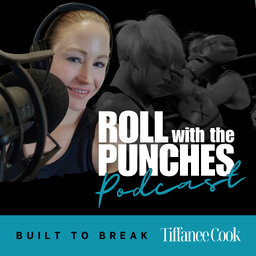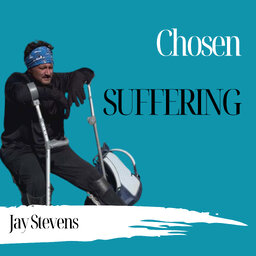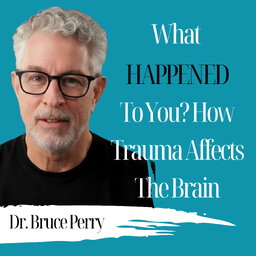How to Keep Your Cool When Everything’s on the Line | Waldo Waldman - 883
Alright, crew! (see what I did there) Buckle up because today we’re taking off (in a sense) with fighter pilot, leadership powerhouse, and high-performance expert Waldo Waldman.
This guy has racked up nearly 3,000 flying hours in the cockpit, dodged missiles over Iraq, and spent eight years battling his own mind while flying at 35,000 feet. Panic attacks, fear, and all the fun stuff. We’re talking resilience, courage, and what it really takes to push through when every fiber of your being is screaming at you to quit. From the skies to the boxing ring, we unpack why some people thrive under pressure while others crumble, and why the 'never fly solo' philosophy applies to every high-stakes arena, be it combat, business, or life. Waldo brings the fire, the wisdom, and a few epic life lessons!
SPONSORED BY TESTART FAMILY LAWYERS
Website: testartfamilylawyers.com.au
WALDO WALDMAN
Website: yourwingman.com
TIFFANEE COOK
Linktree: linktr.ee/rollwiththepunches/
Website: tiffcook.com
LinkedIn: linkedin.com/in/tiffaneecook/
Facebook: facebook.com/rollwiththepunchespodcast/
Instagram: instagram.com/rollwiththepunches_podcast/
Instagram: instagram.com/tiffaneeandco
 Roll With The Punches
Roll With The Punches


